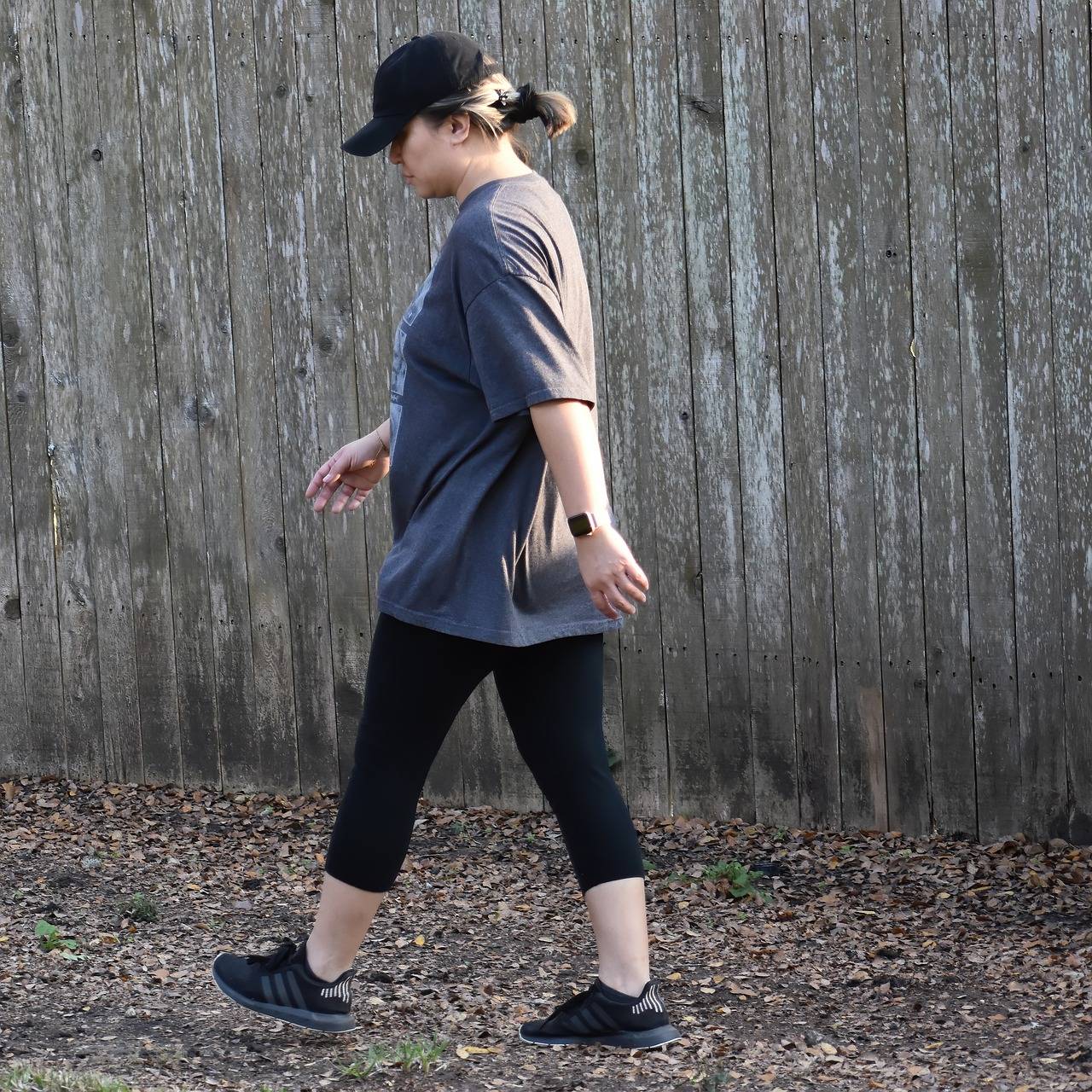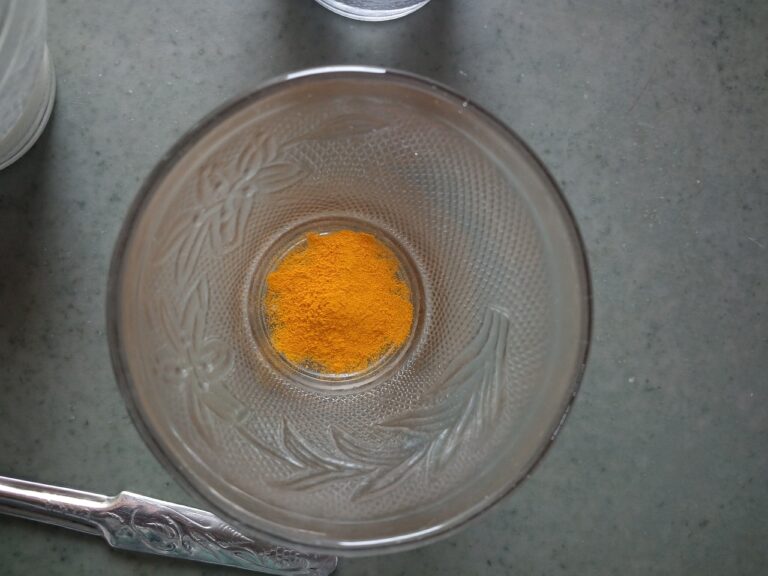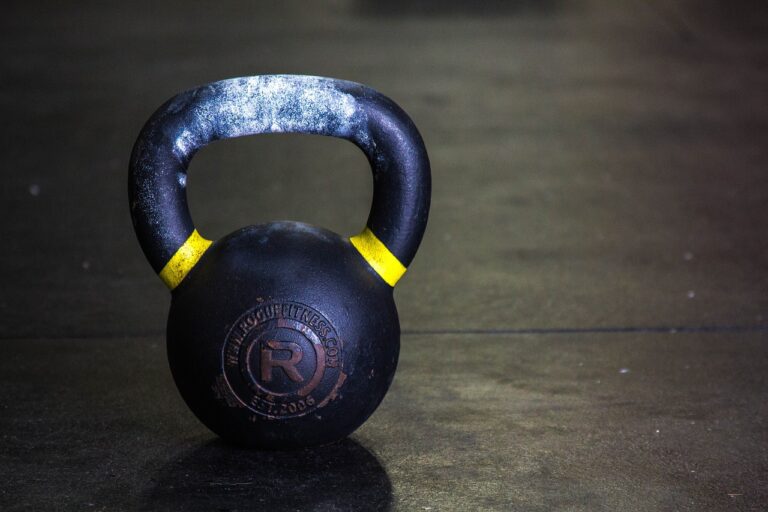Lung Health in Welders: Managing Occupational Exposures to Metal Fumes: 11xplay reddy login registration, Reddy anna whatsapp number, Golden7777
11xplay reddy login registration, reddy anna whatsapp number, golden7777: Lung Health in Welders: Managing Occupational Exposures to Metal Fumes
Welding is a crucial skill used in a variety of industries, from construction to manufacturing. However, welders are frequently exposed to metal fumes that can negatively impact their lung health. Inhaling these fumes can lead to serious respiratory issues, including asthma, bronchitis, and even lung cancer. As a welder, it is essential to take proactive steps to mitigate these occupational exposures and protect your lungs.
Understanding the Risks
Metal fumes are produced when metals are heated during the welding process. These fumes can contain toxic elements such as lead, cadmium, and chromium, which can cause both acute and chronic respiratory effects. Prolonged exposure to these fumes can result in a condition known as metal fume fever, characterized by flu-like symptoms such as fever, chills, and muscle aches. In the long term, metal fume exposure can lead to more serious health issues, including lung damage and cancer.
Protective Measures
To safeguard your lung health as a welder, it is crucial to implement protective measures to reduce your exposure to metal fumes. Here are some essential steps you can take:
1. Ventilation: Ensure that your work area is well-ventilated to prevent the buildup of fumes. Use exhaust hoods or fans to remove fumes from the air and wear a respirator to filter out harmful particles.
2. Personal Protective Equipment (PPE): Wear appropriate PPE, including gloves, goggles, and a welding helmet, to protect yourself from sparks and fumes. Make sure your respiratory protection is NIOSH-approved and fits properly.
3. Training: Stay informed about the hazards of welding fumes and the importance of proper safety measures. Participate in training programs to learn how to handle welding equipment safely and minimize exposure to fumes.
4. Regular Health Check-ups: Schedule regular check-ups with a healthcare provider to monitor your lung health and detect any respiratory issues early on. Be proactive in discussing your occupational exposures and any symptoms you may be experiencing.
5. Hygiene Practices: Practice good hygiene by washing your hands and face after working with metals to prevent ingesting or inhaling residual fumes. Change out of your work clothes before leaving the worksite to avoid bringing fumes home with you.
6. Work Practices: Implement proper work practices, such as avoiding welding in confined spaces and cleaning work surfaces regularly to minimize fume buildup. Consider using safer welding techniques or substituting less hazardous materials when possible.
By following these protective measures, you can significantly reduce your risk of lung damage from occupational exposures to metal fumes. Prioritize your health and well-being as a welder by taking proactive steps to safeguard your lungs.
FAQs
Q: How can I tell if I have been exposed to harmful metal fumes?
A: Symptoms of metal fume exposure may include coughing, wheezing, shortness of breath, chest tightness, and throat irritation. If you experience any of these symptoms, seek medical attention promptly.
Q: Are there any long-term effects of welding fume exposure?
A: Prolonged exposure to welding fumes can lead to chronic respiratory conditions, such as asthma, bronchitis, and chronic obstructive pulmonary disease (COPD). In severe cases, it can also increase the risk of lung cancer.
Q: Can I still work as a welder if I have respiratory issues?
A: If you have pre-existing respiratory conditions, it is crucial to consult with a healthcare provider to assess whether it is safe for you to continue working as a welder. They may recommend modifications to your work environment or alternative career options to protect your lung health.
Q: What can employers do to protect welders from metal fume exposure?
A: Employers should provide proper ventilation systems, adequate PPE, and training on safe welding practices to their employees. They should also conduct regular air monitoring to assess fume levels and ensure compliance with safety regulations.
In conclusion, managing occupational exposures to metal fumes is essential for maintaining lung health as a welder. By implementing the protective measures outlined above and staying informed about the risks, you can safeguard your respiratory health and enjoy a long and fulfilling career in welding. Remember, your health is your most valuable asset – prioritize it today for a healthier tomorrow.







